The Sixth Caspian Sea Summit was held in the Turkmen capital of Ashgabat on Wednesday, June 29 with the participation of President of Turkmenistan Serdar Berdimuhamedow, President of Republic of Azerbaijan Ilham Aliyev, President of the Islamic Republic of Iran Ebrahim Raeisi, President of Kazakhstan Kassym-Jomart Tokayev and President of Russian Federation Vladimir Putin.
The presidents of five Caspian Sea littoral states conferred on the most significant issues of five-party cooperation in the Caspian Sea as well as regional and international issues of mutual interests.
They stressed the importance of the decisions of the previous rounds of the Caspian Summit held in Ashgabat (2002), Tehran (2007), Baku (2010), Astrakhan (2014), and Aktau (2018).
Also, foreign ministers of the five countries convened in Ashgabat a day earlier to discuss the agenda of the Summit meeting of the heads of states.
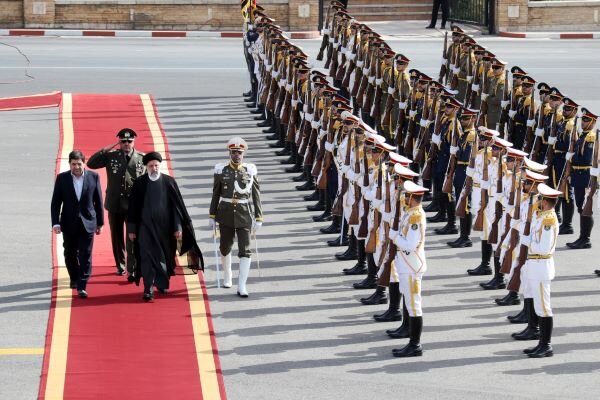
Prior to leaving the country at Mehrabad Airport, President Raeisi termed the Caspian Sea a common heritage of littoral countries.
He had put cooperation in the field of transportation and management of Caspian Sea resources and preventing the presence of foreigners on the agenda of the participants.
Following his separate meetings with President Ilham Aliyev of Azerbaijan and Turkmen president Serdar Berdimuhamedow on the sidelines of the Caspian Sea summit, Iranian President Ebrahim Raeisi held a meeting with Russian counterpart Vladimir Putin.
I hope holding these meetings will bring “security, stability, peace and friendship” to the people of the region, the President of Iran said in his address to the meeting of heads of states of Caspian Sea littoral countries.
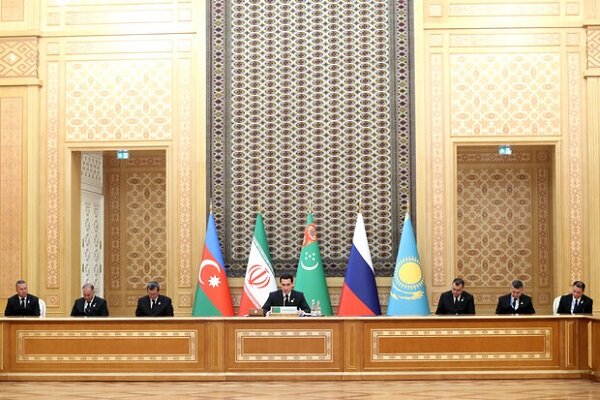
According to the final statement of the Summit, the countries voiced readiness to enhance cooperation in various fields, including economy, culture, and science, as well as to protect the security and stability of the Caspian Sea region.
They stressed that each country’s activities in that region should follow 17 principles, including respecting independence, as well as sovereignty and territorial integrity of other countries, and refraining from interference in each other’s internal affairs.
Other principles called for using the Caspian Sea for peaceful purposes and turning it into a region of peace, good neighborliness, and friendship, where all issues are resolved peacefully.
Another principle stressed a guaranteed sustainable balance between arsenals of the Caspian Sea littoral states and the development of their military capabilities without harming the security of each other.
In addition, no foreign armed forces should be present in the Caspian Sea region and no country should allow others to use its territory for military action and acts of aggression against any of the Caspian Sea littoral nations.
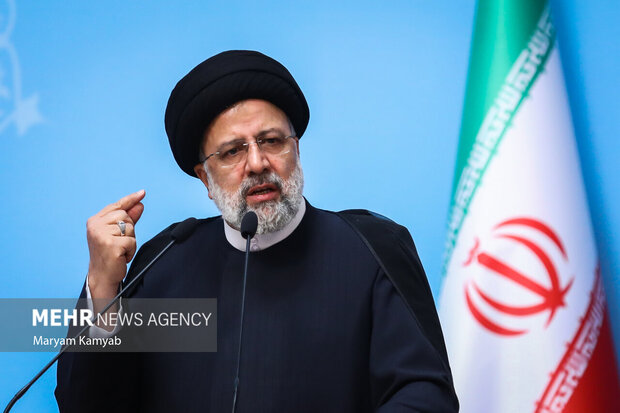
According to Xinhua News Agency, Raeisi on June 30, 20222 said that the Caspian Sea littoral states refused to allow any foreign presence in the region.
He made the remarks upon arrival at the airport in Tehran from his visit to Turkmenistan, in which he took part in the sixth summit, the source added.
The Caspian Sea's resources must be protected, he said, adding that the sea belongs to the regional countries and must be managed collectively by the littoral states.
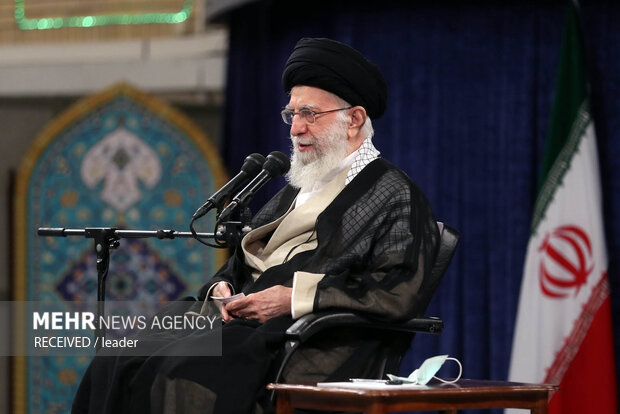
As to the role of the littoral states, Islamic Revolution Leader Ayatollah Sayed Ali Khamenei on October 16, 2007, said that the Caspian Sea littoral states could strengthen their position by broadening their mutual ties.
"Cooperation of the five Caspian Sea littoral states can help transform the region into an active and profitable zone for all these countries," he underscored.
Compiled and translated by Amin Mohammadzadegan Khoyi


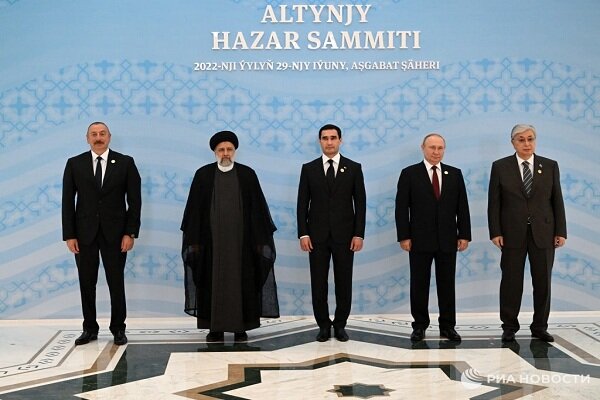






















Your Comment